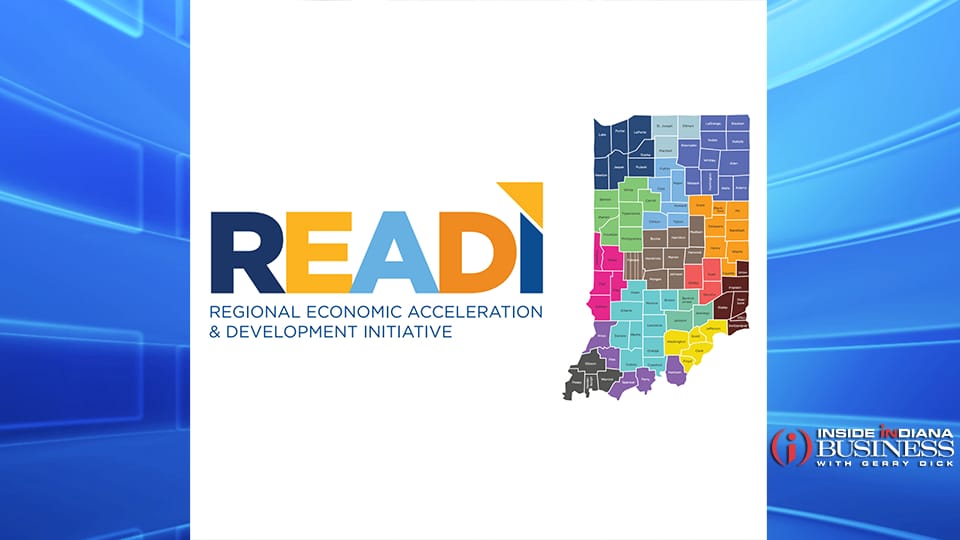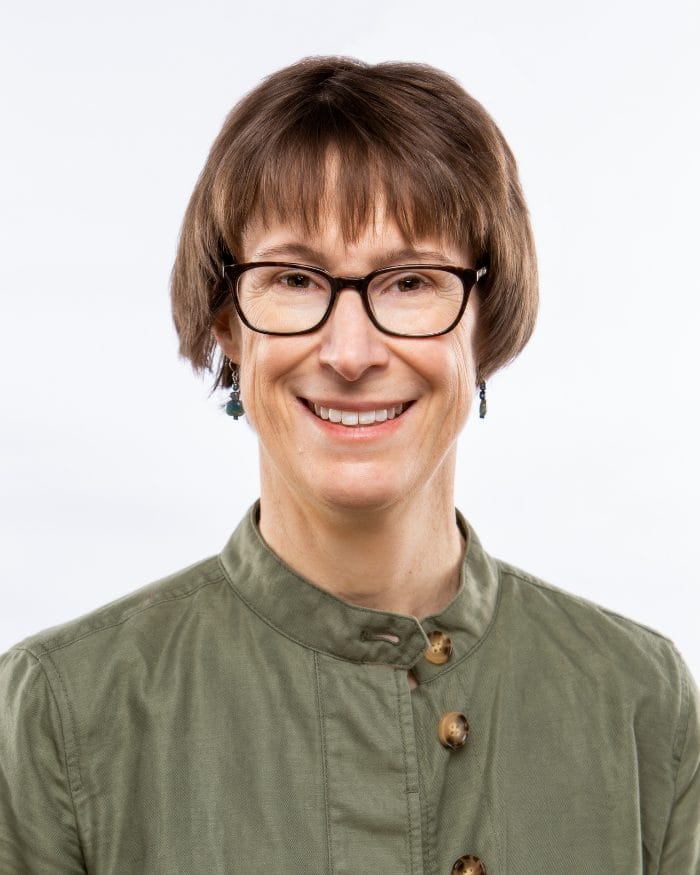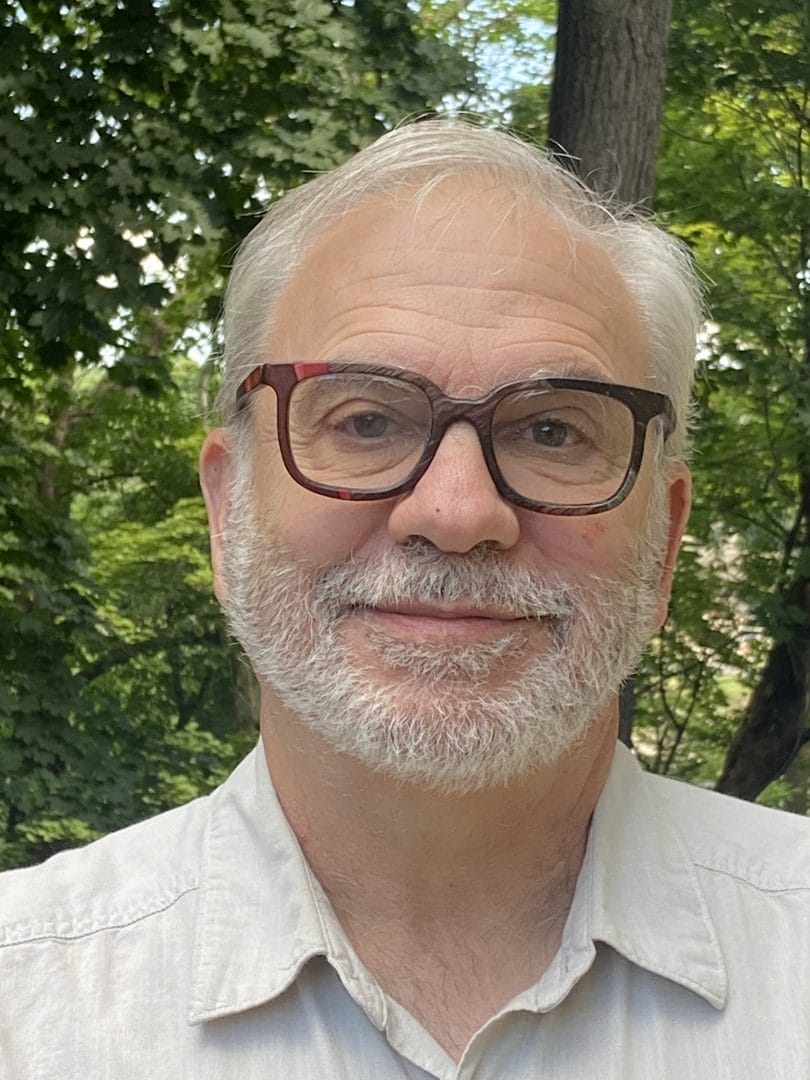READI 2.0 could drive catalytic growth in the South Bend-Elkhart Region
Subscriber Benefit
As a subscriber you can listen to articles at work, in the car, or while you work out. Subscribe Now
The allocations for the second round of the state’s $500 million Regional Economic Acceleration and Development Initiative, or READI 2.0, will be announced Thursday. The board of directors of the Indiana Economic Development Corp., chaired by Gov. Eric Holcomb will vote to approve the disbursement.
The funding was part of Holcomb’s 2023 Next Level Agenda and approved that year by the Indiana General Assembly. The funds are designed to foster regional collaboration to improve quality of life, place and opportunity in Indiana.
“For the application the region put in this time around, the request from the state was to give a big picture vision for the region. In many ways, READI 2.0 is continuing from 1.0,” Taryn MacFarlane, vice president of regional initiatives at the South Bend-Elkhart Regional Partnership said. “Once the region finds out what its allocation is, then the RDA will run a public process to source local projects.”

The South Bend-Elkhart READI region consists of Elkhart, Marshall and St. Joseph counties. The funds will be administered by the regional partnership on behalf of the Northern Indiana Regional Development Authority.
The RDA applied for the maximum $75 million allotment, and the partnership expects the funding to translate into over $2 billion in private and public investments over the next six years.
“There was so much interest and excitement and momentum out of the original $500 million allocation, that when the governor went back to the Legislature and asked for the next batch of READI dollars, the same dollar amount was approved,” MacFarlane said. “It was clear that multiple regions had enough appetite, interest and capacity to execute at a higher dollar value, so that’s why the state decided to increase the maximum regional allocation to $75 million.”
Success of READI 1.0 in the region
READI grant eligibility spans the gamut. Applicants can be for-profit companies, not-for-profit’s, or a consortium of organizations, cities, counties or municipalities. Qualifying proposals will address issues around quality of life, place or opportunity.
The Tolson Center for Community Excellence was the first 1.0 capital project completed in the region. Officials held the grand opening for the $16 million project in December, saying the center would serve as a catalyst for the region.
The Portage Place, a READI 1.0 beneficiary, is addressing the issue of quality of place in the near Northwest Neighborhood in South Bend. The project took a blighted industrial building and is reinventing it into a space for collaboration and inspiration at very affordable prices.
“The Portage Place is the adaptive reuse renovation of what was the former Ward Bakery building originally built in 1919 and then expanded in 1948,” Mike Keen, president of The Bakery Group LLC said. “It is a collaborative village where people with different levels of experience, different business sizes, not-for-profits could have retail space, office space, makerspace, studio space and can support each other.”
Keen and his partners are using the incremental development method to unlock needed cash flow towards the completion of the project.

“The idea is you commit to a place for the rest of your life because you love that place and it needs you and then you can work on it incrementally,” Keen said. “We’ll be opening up about 20,000 square feet of the 56,000. And once we start to [get] cash flow, then we’ll be able to continue to fix it.”
Incremental development allows stakeholders to become a part of their community’s future. It also helps prevent excess real estate stock from flooding the market all at once.
“In a market like Indiana, where you have a declining population, and disinvested communities, spreading it out with incremental development allows the market to adapt to the absorption and to the need,” Marianne Cusato, director of the Housing & Community Regeneration Initiative at the University of Notre Dame said. “If new legislation passes, you can respond to it more rapidly with the incremental model, it also means that the community becomes much more resilient.”
Referring to himself as an accidental developer, Keen left his job as a professor at Indiana University South Bend after 30 years with plans to become a sustainability consultant. On his first project, he and his partners quickly realized the need to remediate blight around the actual project they had set out to do. One lot led to another, and after three years, they had fixed up three houses in the neighborhood and attracted business and residential tenants.
“We’ve been at it for seven years now, we built two tiny houses, 600 square feet each, because, again, we didn’t want to get too much over our skis because of the appraisals. But once we got all those together, it began to change the whole feeling of the neighborhood,” Keen added. “We put $180,000 into our first renovation, but we only got a $136,000 loan because of the appraisal gap in our neighborhood.”
Due to redlining, the area’s commercial node had deteriorated, leaving abandoned homes, businesses and buildings in its wake over the years, Keen mentioned.
“When the READI grant came along, we thought it was a terrific opportunity for us to get some much needed support because the problem we have is that we’re in a neighborhood that has been basically destroyed by being overlooked,” he said. “The READI folks recognize that this could help this neighborhood.”
The RDA allotted $550,000 for the project. The city of South Bend awarded a $300,000 grant to renovate the building’s exterior. The city also opened a $600,000 revolving loan fund for the project. Private investments and another bank loan constitutes the building’s source of funds. Total costs would probably be about $5.5 million, Keen noted.
Keen hopes to welcome his first tenant by late summer/early fall. Available options range from small offices at 75 square feet going for about $300 to studios in the basement for around $750 and larger key retail spaces somewhere between $1,500 to $2,000 per month.
Getting ready for round 2
In preparation for READI 2.0 applications, the regional partnership said it hosted a number of workshops, and affordable housing was one of the primary concerns. MacFarlane noted similar questions also came up in allocating 1.0 funds.
“It is certainly true that any level of apartment really has become more and more pricey,” she said. “The region is currently investing in a housing study to help illuminate across the region what the needs are, which will complement anything that a city may have done already.”
Successful grant applicants sign a contract with the RDA for the fulfillment of the whole project even though READI funding only makes up a maximum of 20% of the project’s total costs.
“We are waiting to understand what our regional allocation is before the full process is rolled out. It’ll be on our website, and we’ll make it very public that the call for proposals is open,” MacFarlane said. “We’ll host workshops and there’ll be a lot of education around how to apply, what the RDA is looking for, and timelines.”
Keen believes that American neighborhoods need to revert to the old ways of development, building out a community one block at a time and establishing thriving ecosystems.
“What we’re doing here is not rocket science, it’s not some wild innovation. We want everybody involved in the process so we can share the wealth rather than one person doing it all,” he said. “If you’re in an ecosystem where one species takes everything, everybody else dies and that’s the way our economy works right now.”
In READI 1.0, $500 million was available to 17 regions. The IEDC awarded the maximum grant amount of $50 million to only five regions, including the South Bend–Elkhart region. Other regions received between $5 million to $30 million.
Stakeholders in the region sent in over 50 applications with a total fund request more than three times the amount available in 2021. READI 1.0 funded 17 quality of place projects and 11 programs in 2022, resulting in an estimated $448 million in additional private and public investment, the regional partnership said.
The completion deadline for READI 1.0 projects is December 31, 2026, because the first grant was made from surplus pandemic relief funds.
Cusato said the Portage Place project is an example of sustainable development. She urged the state, region, county and city to use a critical eye to ensure funds go towards productive catalytic growth projects.
“READI is a chance for Indiana to really be a national leader in economic development, talent retention, urban planning and in community development,” she added. “It’s the moment for the state to be able to incentivize projects that are able to be a catalyst for talent retention as well as placemaking.”
Inside INdiana Business will have more on the READI 2.0 allocations in Thursday’s INside Edge Midday Report newsletter.
